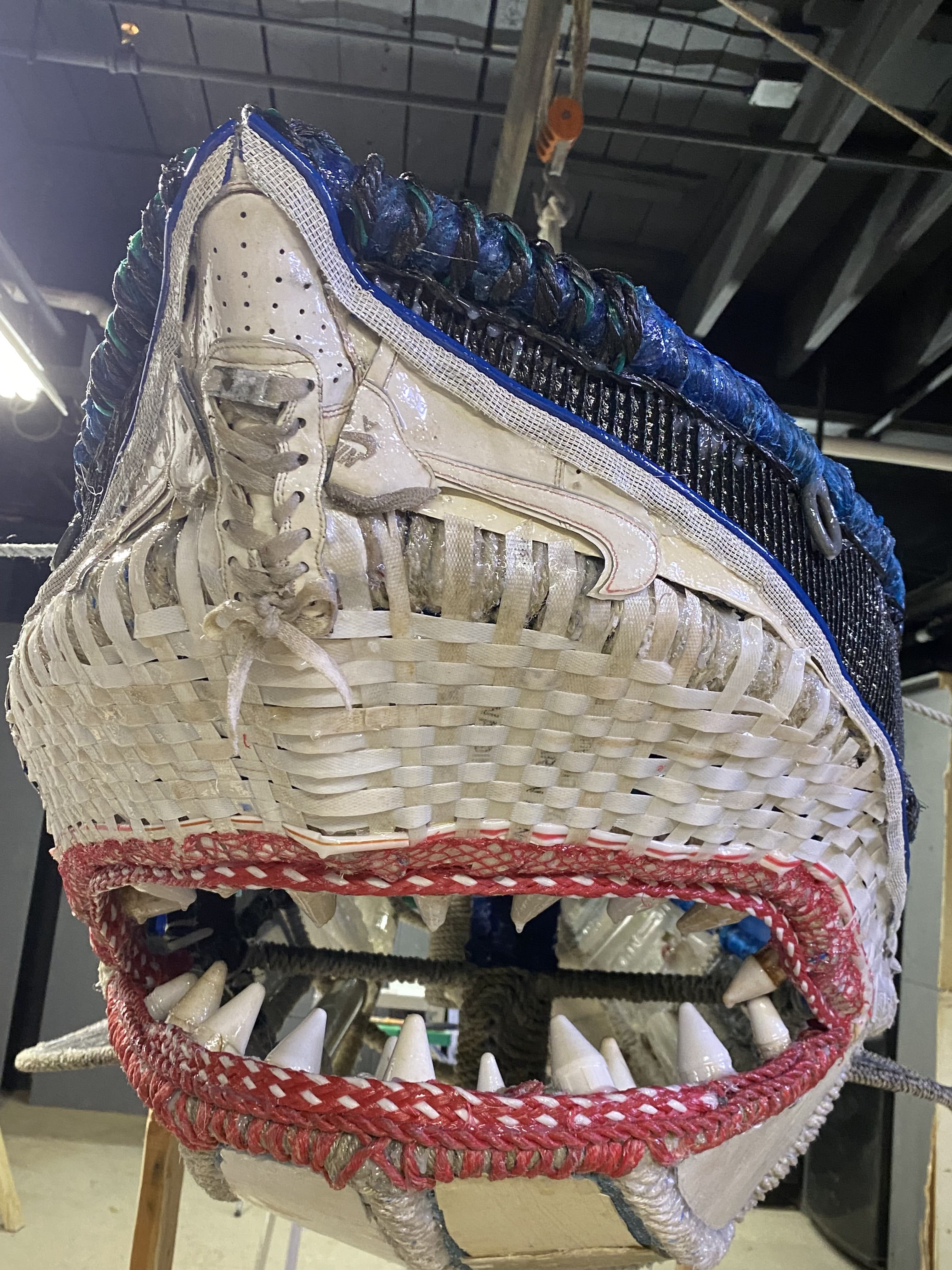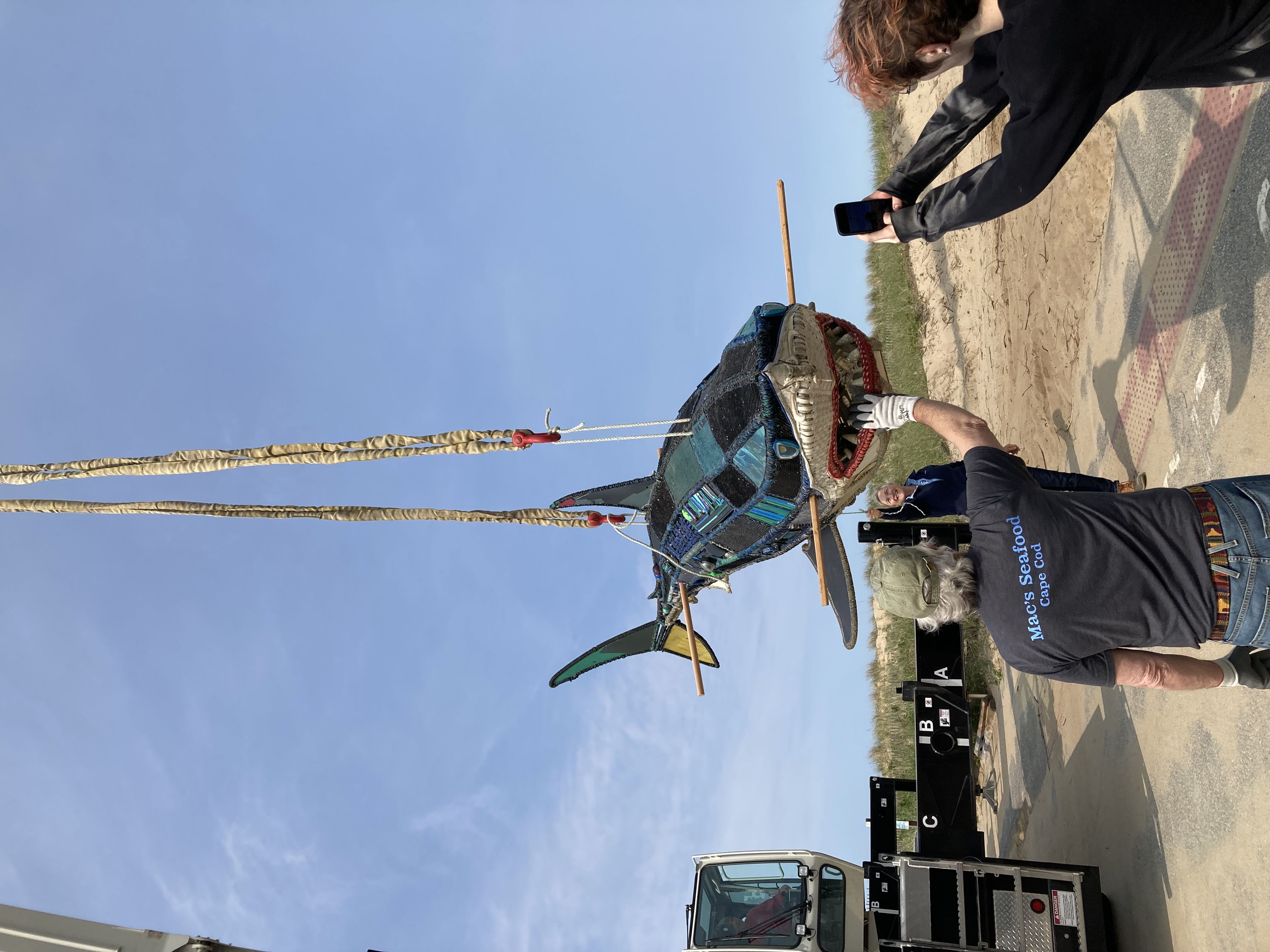Project Description: East Harbor is a back barrier marsh system/lagoon with an artificial tidal restriction that led to water quality degradation, algal blooms, insect outbreaks, and fish kills. To improve conditions, tidal flow was partially restored in 2002. Since that time, salinity increased, water quality improved, and the system was re-colonized by a variety of estuarine flora and fauna, in particular shellfish (e.g. quahog, soft shell clam, and oyster) and horseshoe crabs. Managers need scientific information to make sound decisions for East Harbor about further tidal restoration, culvert maintenance, and the initiation of shell fishing activities. This project will: 1) survey benthic invertebrates, including shellfish and other macro infauna, 2) assess population dynamics of selected shellfish including larval flux out of the lagoon into adjacent, unprotected waters, 3) identify significant fisheries habitat and 4) use surveys and mesocosms to evaluate impacts of a non-indigenous predator on shellfish. The baseline water quality and habitat data developed through these studies are critical for design and monitoring of the adaptive management approach to implementing restoration projects.
Data developed through this study plan will be integrated into and will be used to assess the suitability of habitats in East Harbor for different management scenarios. This data collection will provide the management team with an enhanced tool to aid science-based decision-making, thereby optimizing the public’s understanding of the response of the East Harbor system to tidal restoration and increased salinity for recolonization by salt marsh halophytes and fauna.
The primary purpose of this study is not the acquisition of property or services for the direct benefit or use by the Federal Government, but rather to accomplish a public purpose of support or stimulation.
Lead Principal Investigator: Owen Nichols, Center for Coastal Studies
Co-Principal Investigator: Dr. Mark Borelli, Center for Coastal Studies
Partner Institution: Center for Coastal Studies
Federal Agency: National Park Service
Federal Agency Technical Contact: Geoffrey Sanders
Federal Involvement: – Assign Dr. Sophia Fox (Aquatic Ecologist, CACO) as technical expert to collaborate on
all aspects of this project, including sample design, methodologies, and field and lab
work.
– Assign CACO staff or interns to support the project.
– Share lab equipment and supplies, as necessary to maintain efficiency and cost
effectiveness.
-Contribute to developing protocols for work related to invertebrate and sediment sample
collection and processing.
-Dr. Sophia Fox will collaborate with Dr. Mark Borrelli and Owen Nichols of Center for
Coastal Studies to share and interpret biological, chemical, and physical data from East
Harbor waters.
-Dr. Sophia Fox will collaborate with Dr. Mark Borrelli and Owen Nichols of Center for
Coastal Studies and other CACO staff and cooperators to develop publications from the
work laid out herein.
-Dr. Sophia Fox will collaborate with Dr. Mark Borrelli and Owen Nichols of Center for
Coastal Studies and other CACO staff and cooperators to develop outreach products from
the work laid out herein.
Project Type: Research
Project Discipline: Natural Resources
Project Sub-Discipline(s): Natural Hazards & Environmental Quality (NRDA)
Start Year: 2017
End Year: 2023
Initial Funding Amount: $96,195.00
Federal Grant Number: P17AC01525
Amendments
- Amendment Number: 01, Year: 2018, Amount: $14,040.75
- Amendment Number: 02, Year: 2020, Amount: $0.00
Location: East Harbor, Truro
National Park or Protected Area: Cape Cod (NPS)
State(s): Massachusetts
Massachusetts Counties: Barnstable
Student and Other Involvement:
- Staff: 4
Summary of Other Involvement: AmeriCorps Cape Cod service members assisted with sample collection and processing




